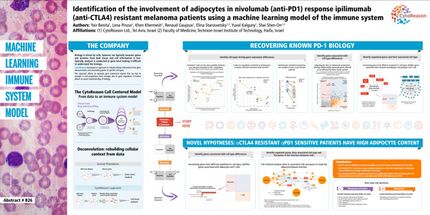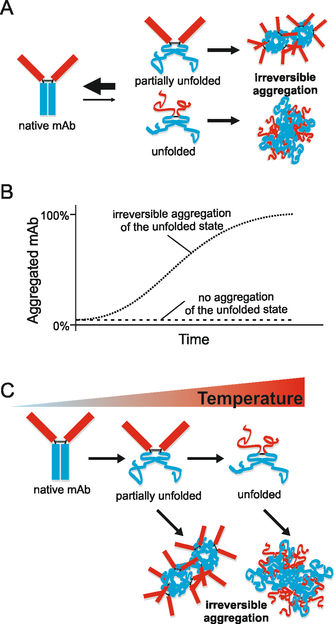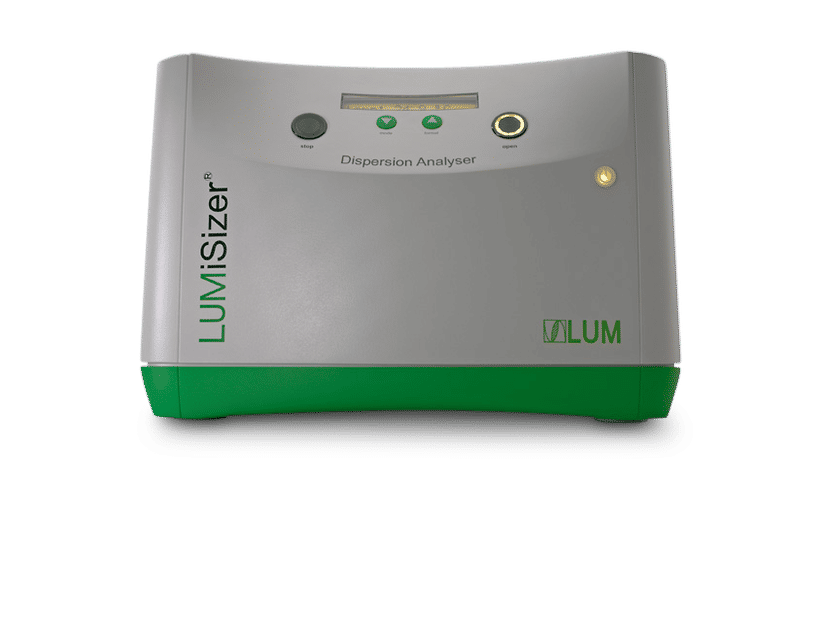CompuCyte and National University of Singapore Announce Collaborative Program for Validation of Tumor-Fighting Compounds
Boston and Singapore. CompuCyte Corporation and the National University of Singapore announced a collaborative program to study the cell-death-inducing activity of novel small compounds for their application in treating cancer and other disease conditions. Under the agreement, NUS will provide CompuCyte with compounds, and CompuCyte will develop assays and perform high-content cell-based analysis of their effect on cells, using the company's iCyte(TM) and iCys(TM) Imaging cytometers.
Shazib Pervaiz, M.D., Ph.D, Vice Dean for Research and Graduate Studies of the School of Medicine and Director of the National University Medical Institutes at NUS, is leading the research at the NUS Department of Physiology. "Identifying novel and target-specific drugs is at the forefront of cancer drug development," Dr. Pervaiz explained. "Research over the last several decades has greatly enhanced our understanding of intricate signaling pathways involved in cancer cell survival and resistance to drug therapy. Identification and development of small molecules as potential anti-cancer drugs remains an important strategic battle in our fight against cancer."
The experiments, which will be conducted at CompuCyte's facilities in Cambridge, Massachusetts, will provide NUS with essential data for validation and further analysis of its approach for targeting tumor cells. CompuCyte expects that its technology, which combines sophisticated high-content cell screening and analysis techniques with advanced cell-based imaging, will be shown to be an optimal tool for the NUS research.
"CompuCyte's technology provides an excellent platform for multiplexed cellular screening of these novel molecules," Dr. Pervaiz commented. "The beauty of CompuCyte's system lies in its ability to combine the strengths of flow cytometry and fluorescent imaging, without having to switch samples or equipment. This allows a very reliable assessment of distinct events like DNA damage or caspase activation, within heterogeneous cell populations. CompuCyte's instruments provide a tremendous advantage to the cell researcher."
"We are pleased to have been chosen by the National University of Singapore for this program," stated Elena Holden, MD, CompuCyte's president. "Our instrumentation is widely used in leading cancer research centers around the world. Preliminary results from the NUS study have already shown great promise."
Dr. Pervaiz will be presenting his work at the 2004 Drug Discovery Technology(R) Congress on Tuesday, August 10 in Boston, Massachusetts.
Other news from the department business & finance
Most read news
More news from our other portals
See the theme worlds for related content
Topic World Cell Analysis
Cell analyse advanced method allows us to explore and understand cells in their many facets. From single cell analysis to flow cytometry and imaging technology, cell analysis provides us with valuable insights into the structure, function and interaction of cells. Whether in medicine, biological research or pharmacology, cell analysis is revolutionizing our understanding of disease, development and treatment options.

Topic World Cell Analysis
Cell analyse advanced method allows us to explore and understand cells in their many facets. From single cell analysis to flow cytometry and imaging technology, cell analysis provides us with valuable insights into the structure, function and interaction of cells. Whether in medicine, biological research or pharmacology, cell analysis is revolutionizing our understanding of disease, development and treatment options.





























































